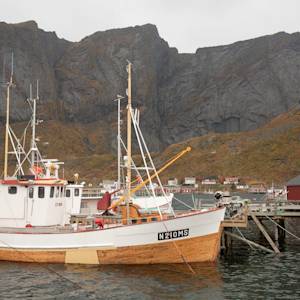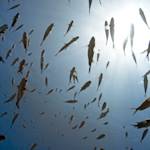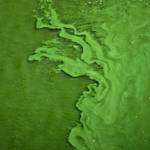Sustainable fisheries in Iceland
1901 CE • Iceland
"Iceland is famous for its fish and has become the poster country for developing a quota system for its fishermen, which ensures responsible and sustainable fishing and responsible fishing practices. Iceland began sea limiting in 1901, marking off a zone that could be fished by Icelanders alone. It began as an area of 3 miles, but by 1976, it had expanded to 200 miles. Protecting the diminishing stocks of cod and haddock was determined to be important at the time — and for Icelanders, it made sense to develop limits. Icelanders also adhere to fish limits. The amount of fish that each fisherman can catch is regulated. In 1995, a workable system of quotas was introduced and the total cod catch was restricted to a maximum of 25% of the estimated stock. Still in place today, each vessel is allocated a certain share of the total allowable catch of the relevant species. Twice a year, in spring and autumn, scientists re-evaluate these quotas after testing the biomass. Fishing grounds are temporarily shut down if stocks fall. This approach has proved so effective, that in 2010, Iceland was awarded its own marine stewardship label certifying its responsible practices."
"Countries Where the Fisheries Are Sustainable," Oceaneos.
Image: Future Atlas via Flickr, CC BY 2.0 DEED Attribution 2.0 Generic
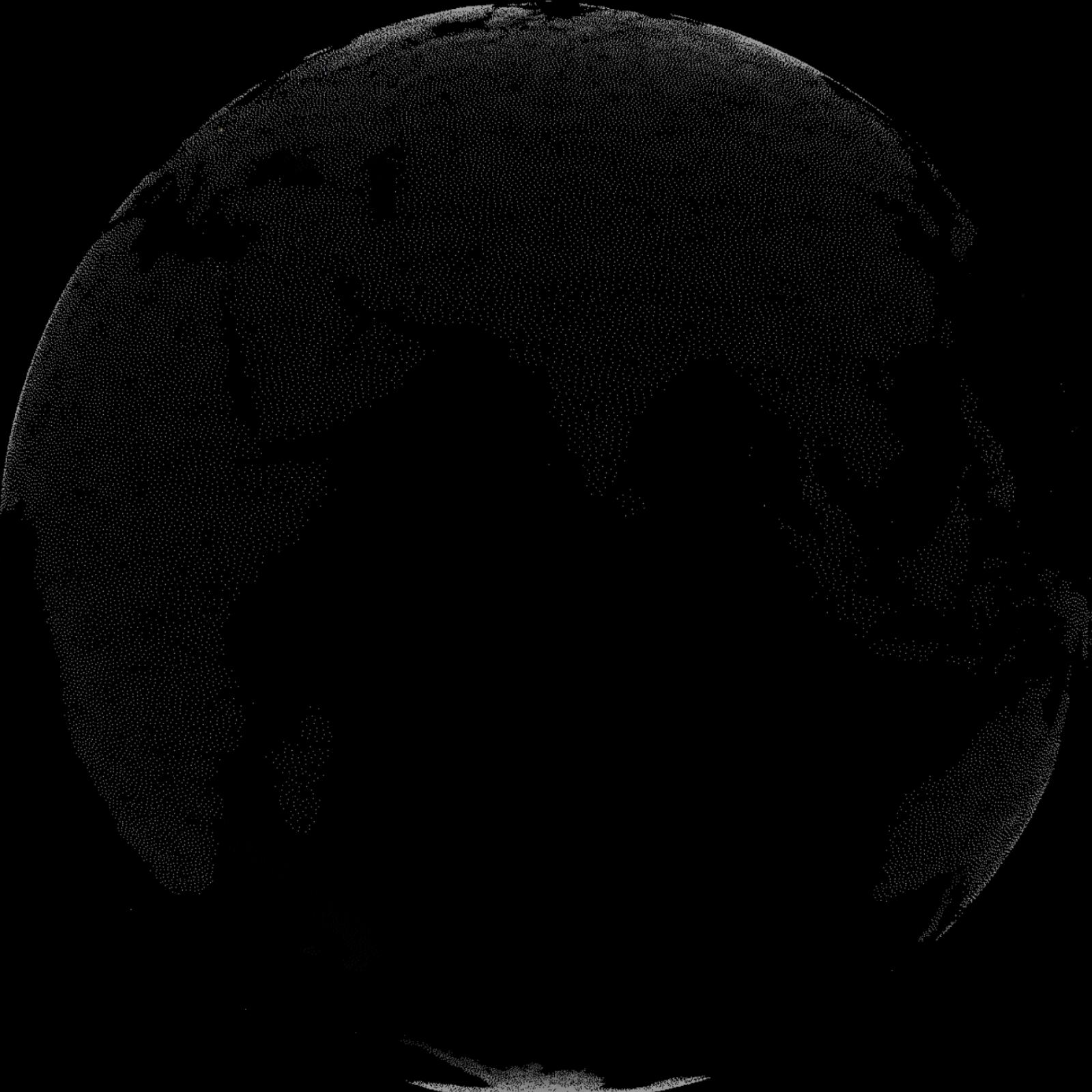

Learn about Maya Lin’s fifth and final memorial: a multi-platform science based artwork that presents an ecological history of our world - past, present, and future.
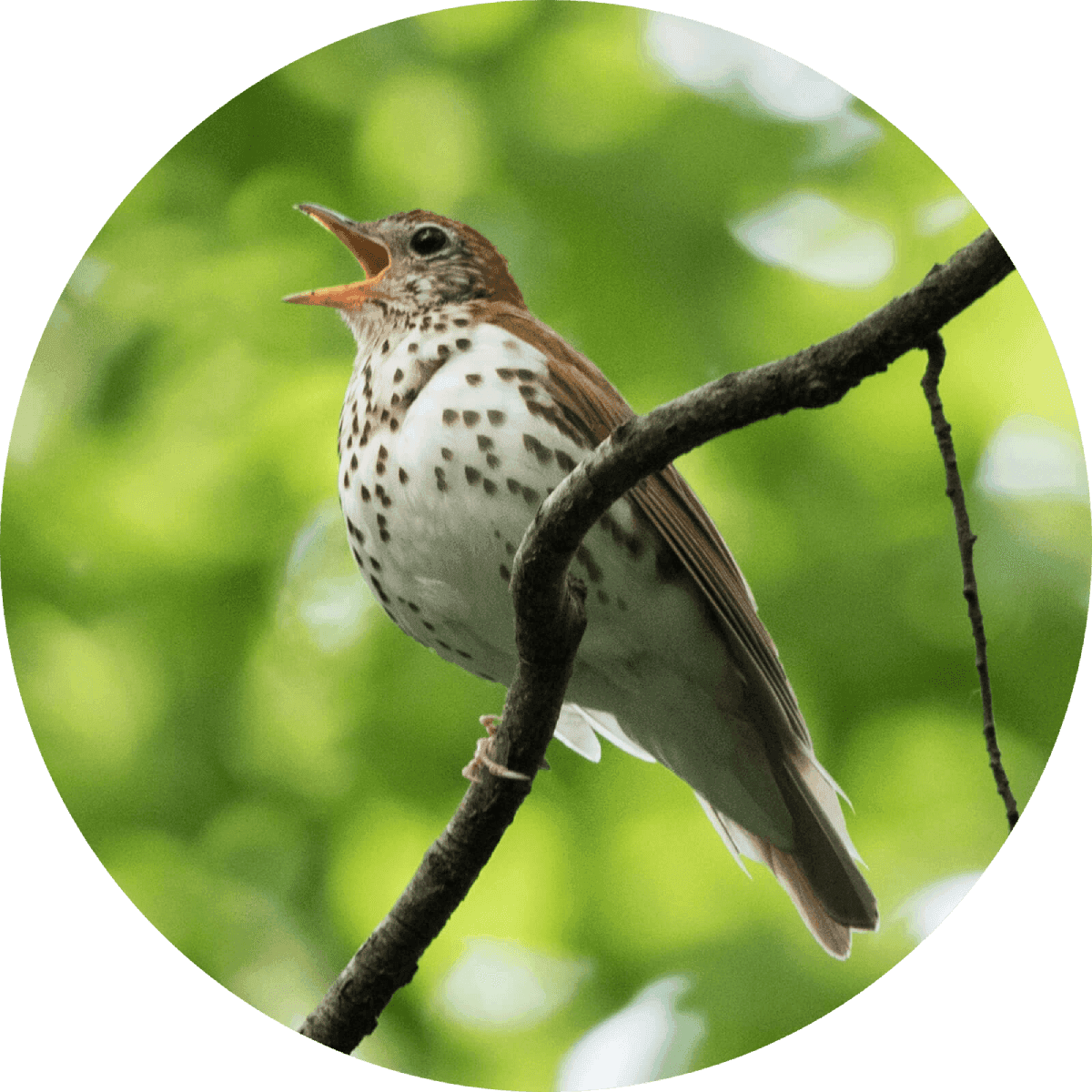
Discover ecological histories and stories of former abundance, loss, and recovery on the map of memory.
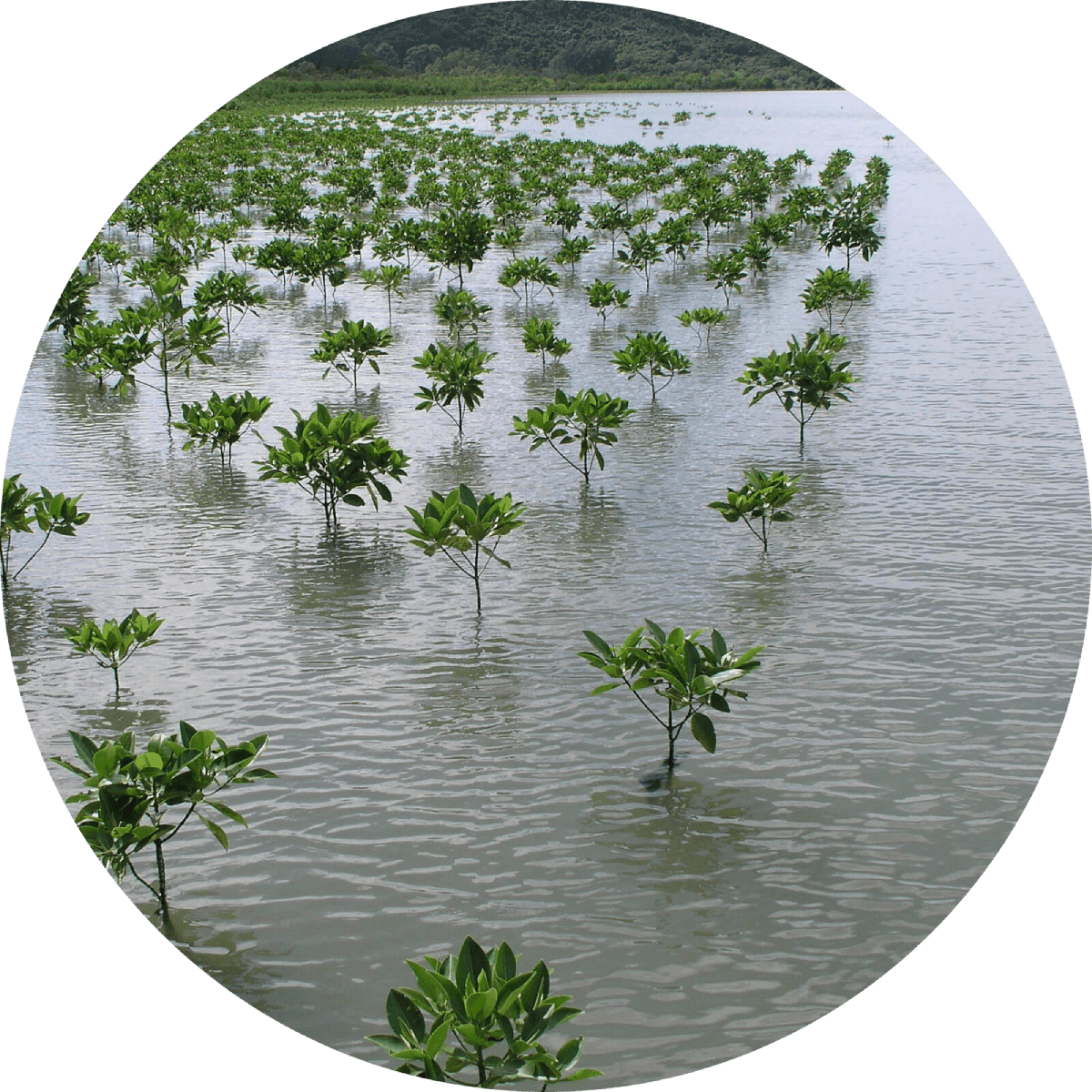
Learn how we can reduce our emissions and protect and restore species and habitats – around the world.

See how art can help us rethink the problems we face, and give us hope that each one of us can make a difference.

Help make a global memorial something personal and close to home. Share your stories of the natural world.
